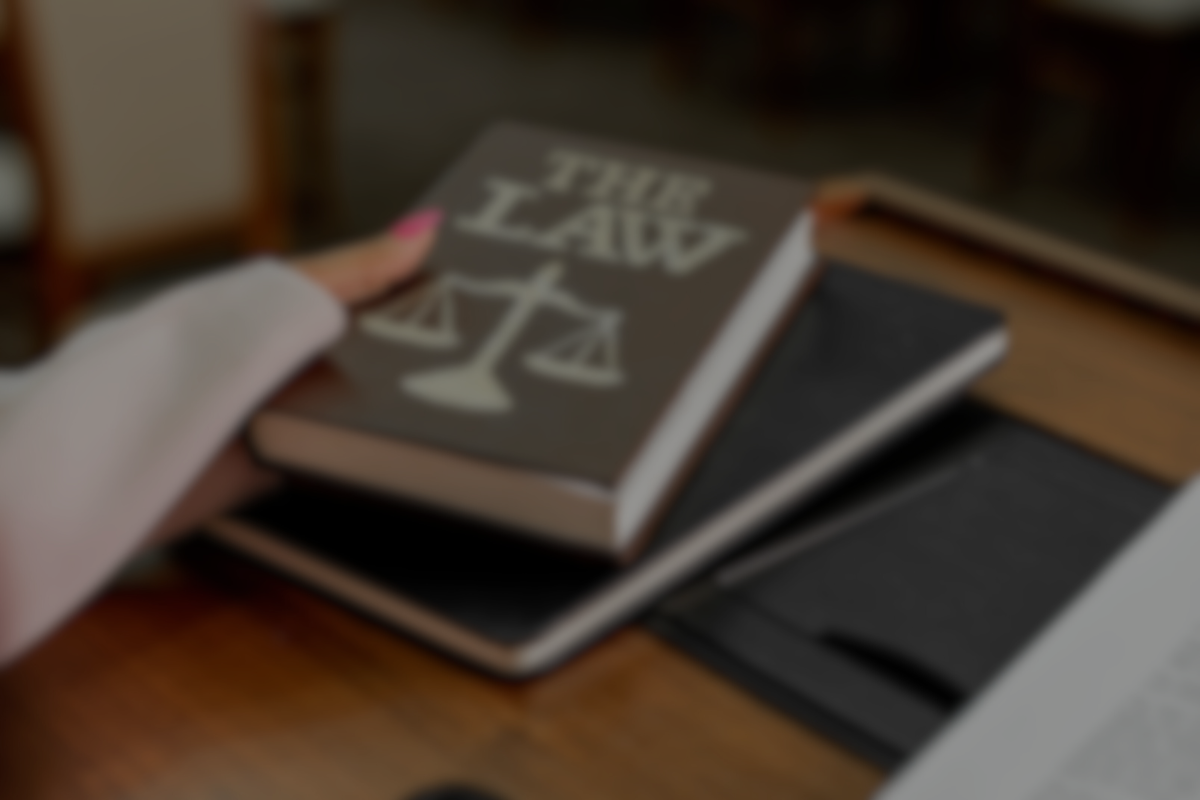July 16, 2023
In order to assure that criminal trials are fair, both prosecutors and defense attorneys are held to a complicated set of rules and regulations. The complexity of these cases require that a defense attorney should have expertise and experience in criminal law. A defense attorney should be involved in a case as soon as possible- ideally, even before police have interrogated a person. When an individual is arrested, the law enforcement officers that arrest them are required to inform the arrested person of their right to an attorney and to have an attorney appointed if they cannot afford legal representation. These warnings are called “Miranda warnings," after the 1960s Supreme Court case that first required them. Often, cases involving child defendants are handled by the juvenile justice system. This system is less formal, and focuses on rehabilitation over punishment. Many criminal defense lawyers work in both justice systems, while others focus on one type or the other. It is sometimes possible for a defendant or defense attorney to negotiate with the government. The prosecutor may agree to drop charges if the defendants pleads guilty to a lesser charge. In all cases, the decision to plead innocent or guilty rests with the defendant. If a defendant is found guilty, he or she may be sentenced to a period of probation, a fine, community service, restitution or other payment, or prison time. In some states, crimes such as rape or murder are punishable by death. A small number of federal crimes (such as treason) are also punishable by death. An experienced lawyer can work to find the best possible deal for their client. If this is not possible, the lawyer will fight in court for their client to convince the jury that there is reasonable doubt as to whether the defendant is guilty. The possible consequences of a criminal conviction are extremely serious, and if accused of a crime, you can find yourself in confusing and frightening circumstances. To protect your legal rights and your future opportunities, you should immediately seek the assistance of an attorney with experience in criminal defense. Even if the charge seems minor or you are convinced your innocence means you have nothing to hide, the seriousness of the situation demands that you contact an attorney. Misdemeanors A misdemeanor is a less serious crime, such as minor theft or public intoxication. The punishment for a misdemeanor is generally a fine or a short incarceration in a local jail. Typically, misdemeanors do not lead to an indictment or the convening of a grand jury, although some cases may be treated more seriously, as the same action can lead to a misdemeanor or a felony charge. In some states, defendants are not entitled to a court-appointed attorney when charged with a misdemeanor. Some states have set up courts specifically to handle misdemeanor cases, with less formal procedures. A lawyer with experience in criminal defense can advise you on the procedures in your state. While a misdemeanor charge is less serious, conviction can still cause large difficulties for an individual who becomes a defendant. Persons charged with a misdemeanor should still get the counsel and assistance of a criminal defense attorney. The penalties for a misdemeanor conviction are often less severe than felony penalties. This means more than simply smaller fines or less jail time. Persons convicted of a misdemeanor can usually still vote, serve on juries, and practice their job. A felony conviction makes all of these much less likely. In some instances, a defense attorney can negotiate to have a felony charge reduced to a misdemeanor in order to reduce the punishment and future consequences of conviction. The possibly serious consequences of a misdemeanor conviction mean that you should consult immediately with an experienced criminal defense attorney, should you be charged with a misdemeanor. You should also keep in mind that some crimes may be charged as either a misdemeanor or a felony. In many states, marijuana possession is a misdemeanor, while possession of the same amount is a felony in other states. An assault can be charged as a felony or misdemeanor, depending on whether it causes lasting injury. A traffic violation can become a misdemeanor or even a felony if it leads to injury or property damage. Felonies Serious crimes are called “felonies”. These crimes can be violent or non-violent, including the theft or embezzlement of large amounts, assault, murder, rape, kidnapping, drug trafficking, racketeering, and fraud. Generally, a felony is any crime with a punishment greater than one year in prison, including the death penalty. Therefore, the punishment defines the seriousness of the offense, not the criminal statute. Even if a state criminal code defines a crime as an “aggravated misdemeanor”, the crime is treated as a felony if the punishment exceeds one year of imprisonment. Felony trials are handled differently from misdemeanor trials. The court will appoint an attorney to represent a defendant charged with a felony, although it will not always do this for misdemeanor cases. The defendant is generally required to be present for the entirety of a felony trial. In some states, a grand jury indictment is required for a felony charge. Some states disallow testimony from a defendant or witness who has been found guilty of a felony. In some states, a third felony conviction can bring a “three strikes” law into effect, meaning a mandatory life sentence. Finally, in some states a felony conviction can lead to a death sentence. A felony charge can also affect other charges. In some jurisdictions, an accidental death can be ruled manslaughter or murder if it occurs during the commission of a felony. Conspiracies to commit felonies are generally treated more harshly than other conspiracies. If a defendant is found guilty, a felony conviction can have serious repercussions for life. Felons not only receive longer sentences, but must suffer worse conditions in prison. Convicted felons are often stripped of their right to serve on juries. They may lose their right to vote. Felons are often barred from some professions, such as law, teaching or the military. Many states bar convicted felons from possessing firearms. And as mentioned, a third felony conviction can lead to a mandatory life sentence. The seriousness of these crimes and of their punishment makes it vital to have an experienced criminal defense attorney. False Accusations More often than you might think, the wrong person goes to jail for a crime. Although such cases are relatively rare, they do occur- and an innocent person suffers while a guilty person goes free. If you are falsely accused of a crime, the best way to protect your rights and ensure that your innocence is established is to seek the assistance of a criminal defense attorney. A skilled attorney can deal with the complications of the legal system in order to protect your rights and work for a fair outcome. Your case will not be treated differently if you are falsely accused. Do not assume that because you are innocent, you will not need the help of an attorney. You may actually need an attorney more, in this case. In some cases, a falsely accused person will plead guilty to a lesser offense. Often, this allows people to avoid risking conviction and a jail sentence by going to trial. Obviously, many innocent people refuse to handle their cases in this fashion. An experienced lawyer can help to explain your case and tell you the benefits and disadvantages of taking actions like these. If you are successful in proving your innocence, you may be able to file a lawsuit and recover damages from the individual who brought charges. You can sue a private citizen for making a false criminal charge or complaint. You can also sue a government law enforcement officer, in this case for false imprisonment or a civil rights violation. These lawsuits are called Section 1983 actions. You can recover actual injuries, such as lost wages, attorney fees, damage to reputation, and other real costs incurred as a result of the accusation. It is also sometimes possible to recover punitive damages, which punishes the person for making a false accusation and discourages others from doing likewise. In order to win a case and prove a false accusation has been made, the plaintiff must show that the charge was dismissed, that the defendant was responsible for causing the charges to be made, and that the charges cannot be reasonably explained. It is not enough to merely prove that charges were dropped. Again, the best way to protect your rights and understand your situation is to seek the help of a defense attorney. The most important consideration is finding an attorney with expertise and experience in criminal defense. Your reputation, your future, and possibly your life hang in the balance; you should get the best legal assistance you possibly can.



